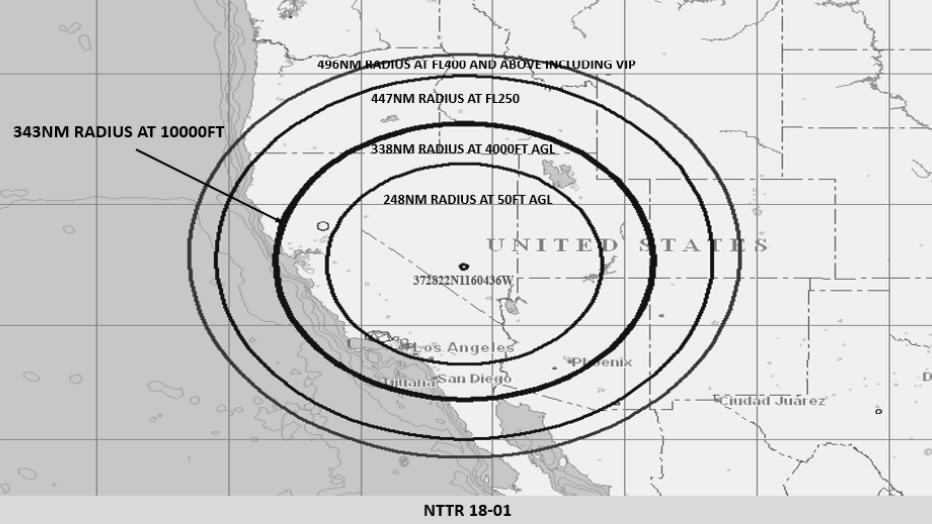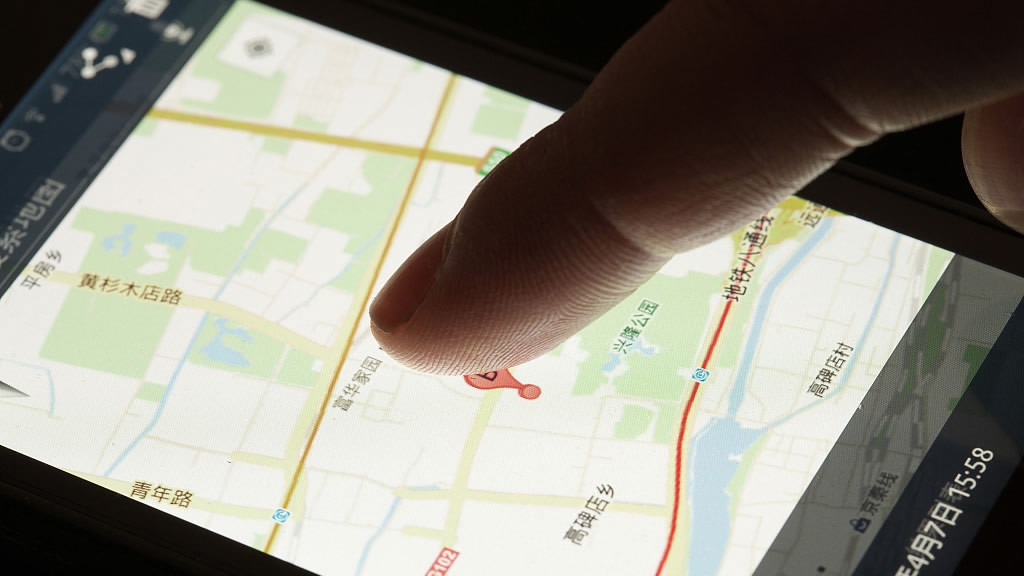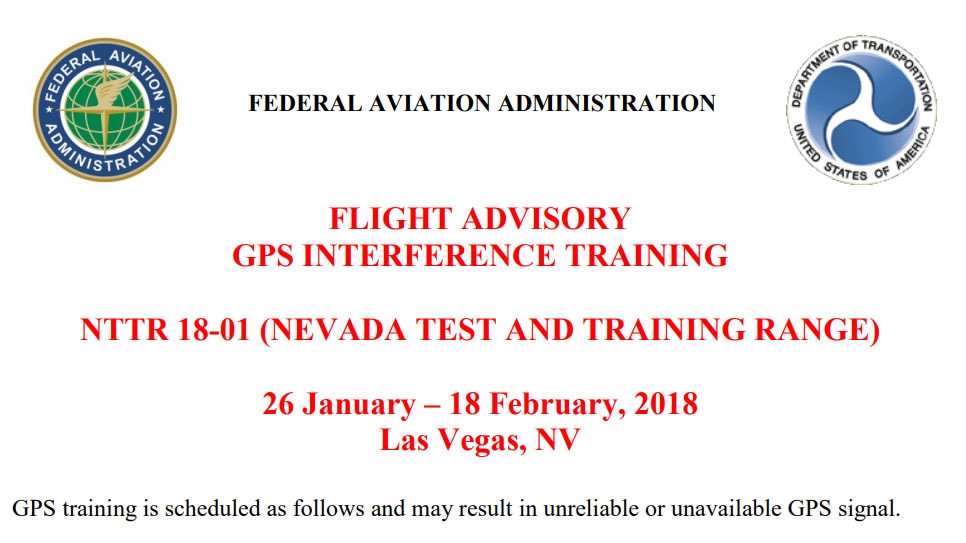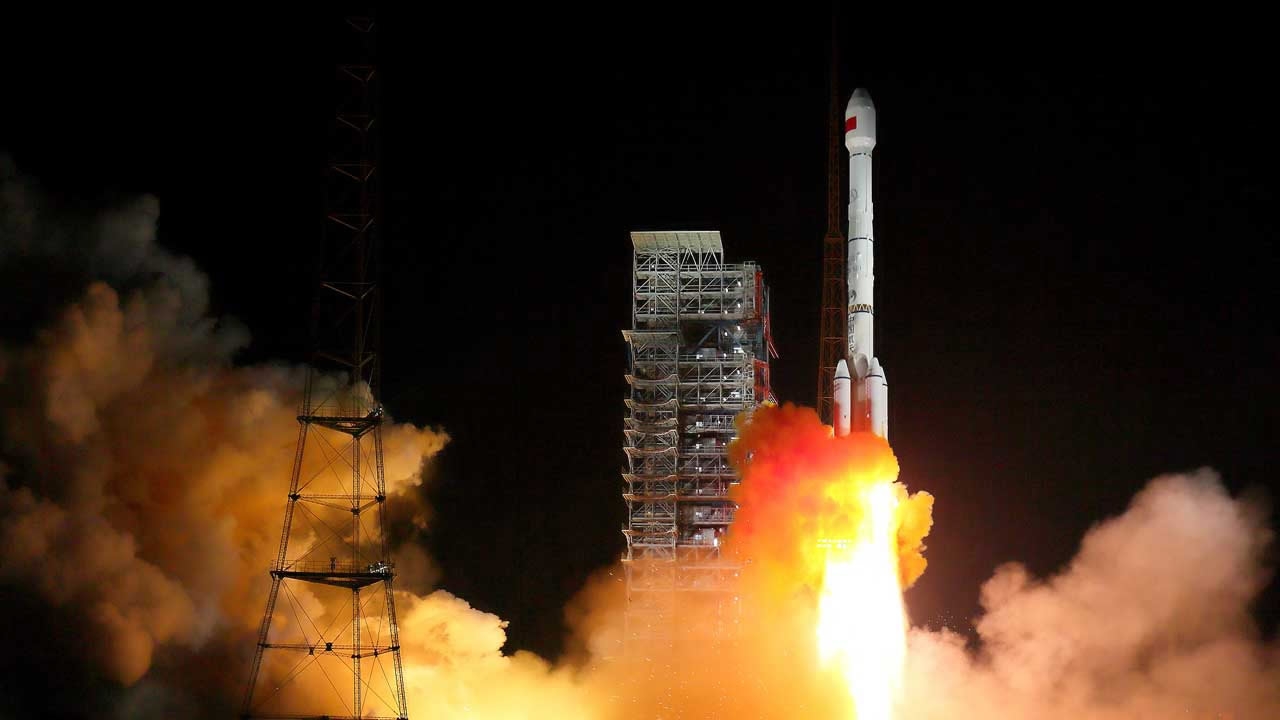
Sat-nav
20:56, 29-Jan-2018
US Air Force prepares for GPS jamming in drill
By Gong Zhe

The Global Positioning System (GPS) is a US-made satellite network that can determine the location and speed of objects with a proper chip inside.
It's so widely used in the modern society that some people use the three-letter acronym to describe positioning in general.
It's so common that we take it for granted most of the time.

GPS satellites help your smartphone to pin its current location on digital maps. /VCG Photo
GPS satellites help your smartphone to pin its current location on digital maps. /VCG Photo
But in fact, that's not the case at all.
Even the US military, the largest user group of the system is actively preparing for its malfunctioning.
During the latest US Air Force drill started last Friday till February 18, fighter pilots will be tested if they can carry out operations successfully when the satellite positioning signal is jammed.
According to a web article from Chicago radio The Drive, the military has implemented a jammer that may be capable of meddling with the signal in the whole western US.
The US Federal Aviation Administration (FAA) has put up a notice online, saying a "GPS training" will result in "unreliable or unavailable GPS signal" for three hours everyday during the drill.

Screenshot from FAA
Screenshot from FAA
The exact jamming area has been described in the cover map above.
Fortunately, our phone GPS will not be affected heavily according to the map, as the jamming area is high above the sky.
But that does indicate GPS is not always reliable even to the US military.
As the system is controlled by the US alone, other nations worried about the service's stability tried to develop their own satellite navigation, or sat-nav systems, including China's Beidou, Russia's GLONASS, EU's Galileo, Japan's Quasi-Zenith and India's IRNSS.
China has been busy launching more Beidou satellites for a long time, aiming to expand the service area from Belt and Road countries to the whole globe.

China launches its 26th and 27th Beidou satellites in January 2018. /VCG Photo
China launches its 26th and 27th Beidou satellites in January 2018. /VCG Photo
Many smartphones in the market today are compatible with multiple sat-nav solutions.

SITEMAP
Copyright © 2018 CGTN. Beijing ICP prepared NO.16065310-3
Copyright © 2018 CGTN. Beijing ICP prepared NO.16065310-3